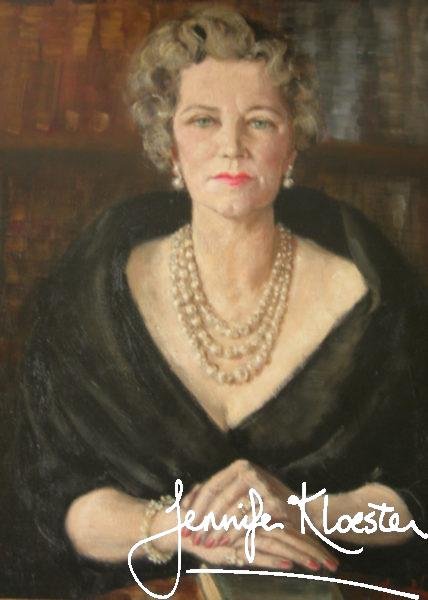Tomorrow, 4 July 2020, will mark forty-six years since Georgette Heyer died from lung cancer in Guys Hospital, London. Int he days following her death several long obituaries were published in the major newspapers in Britain, including the Times, The Guardian, The Daily Telegraph and The Sunday Telegraph and, in America, in The New York Times and Publishers Weekly.

“Georgette Heyer’s Regency romance ends at 71”
With the publication of these tributes to Georgette Heyer, the public discovered for the first time that one of their favourite authors was actually Mrs Rougier, wife of Ronald Rougier QC, and the mother of rising barrister, Richard Rougier, who would later become a High Court Judge. The obituaries offered the first insight into the background of an author who, at the time of her death, was selling 100,000 copies of her novels in hardback and a million copies per title in paperback,. They each pointed out how, despite her enormous success, Georgette Heyer was unique in both wishing for, and maintaining, her personal privacy. To the world she was “Georgette Heyer”, beloved bestselling historical novelist and mistress of ironic comedies of manners; to her family and close circle of friends she was Georgette Rougier who liked nothing better than an intimate dinner party or a riotous game of bridge or a quiet holiday in Scotland. Some papers quoted from a letter she had once written to her agent:
‘I have no hobbies and play no ball-games. I belong to no societies and make no Personal Appearances.
Georgette Heyer quoted in her obituaries in the Times and The Sunday Telegraph, July 1974.

“A household name”
It may seem unusual – especially in this era of celebrity – for such a successful author to be so resolute in eschewing every opportunity for publicity, but this is what Georgette Heyer chose to do. She did not appear in public or do book signings or give talks or open fetes as many authors did at the time, and the only interview she ever gave (to a a journalist from the Australian Woman’s Day magazine) was done so on the proviso that the journalist ask her nothing about her writing life. When asked by the BBC if they could record her voice Georgette gave a typically self-deprecating and pithy answer:
‘Record my voice for posterity indeed! few things are more unlikely than that posterity will have the smallest interest in either me or my works.’
Georgette Heyer, letter to Max Reinhardt, CEO, the Bodley Head.
And yet, despite her refusal to engage in personal publicity, in the decade before her death Georgette Heyer had become a household name. She had also given her name ‘to a recognizable genre of fiction, but no rival managed to achieve the touch which charmed both men and women from all levels of society.’ So said the writer in The Times., while in the Sunday Telegraph, the critic, Duff Hart-Davis, described her as a ’20th century Jane Austen’, explaining that:
‘it was in the field of historical romance that she left almost all competitors standing, and for these her secrets were, first, her cool wit, and second, her immensely detailed research.’
Duff Hart-Davis, The Sunday Telegraph, 7 July 1974, p.8.
Though she would have been the first to decry and strongly deny any comparison between herself and her literary idol, the great Jane Austen, the tributes paid to Georgette Heyer after death universally acknowledged her skill in recreating a vivid sense of the period in which Austen herself had lived and written her six famous novels. The writer in The Times described Heyer as “witty, amusing, charming, generous, delighting in the grand manner, a ‘lady of quality’ to quote the title of her last book” and also observed that, “Popular her novels were, but there was also a firm core of scholarship and expert knowledge of the Regency period, its fashions, politics, military and social history, modes of speech, even agricultural policy…”
Georgette Heyer was the consummate professional, a product of her time and class, a repository of the prejudices of her era, an insightful observer, a clever, witty writer of ironic comedies, a daughter, a sister, a wife, a mother and a friend. She was formidable, intensely shy and very, very private. She enriched the world with her many wonderful novels and there is much, much more to say about her life and her writing. But, for now, on the eve of the anniversary of her passing all those years ago, I am happy to simply think of her as I take up my copy of Sylvester and once again immerse myself in the comfort of re-reading Georgette Heyer.




